Introduction to Textile Fiber Machinery
The realm of textile production is vast and complex, with textile fiber machinery forming the backbone of this industry. These machines are pivotal in transforming raw fibers into yarns and fabrics, which are then used to create a myriad of textile products. The category encompasses a diverse range of equipment, each designed to handle specific stages of the textile manufacturing process.
Types of Textile Fiber Machines
Within the textile industry, various machines cater to different functions. For instance, fiber processing machines are integral in the initial stages, where raw fibers are cleaned, carded, and combed. Spinning machines take over to twist fibers into yarns, while textile winding machines coil the yarns onto bobbins or spools. Advanced textile fiber production equipment is also available, which integrates multiple processes to enhance efficiency.
Applications and Features
Textile fiber machines are versatile, finding applications across various sectors. From the production of delicate silks to sturdy canvas materials, these machines are adaptable to a range of fiber types. Features of these machines vary, with some offering automated control systems for precision and consistency, while others are designed for robustness and durability to handle high-volume production.
Materials and Advantages
The construction of textile fiber equipment often involves the use of high-grade metals and composites, ensuring longevity and resistance to wear. The advantages of utilizing modern textile machinery include increased production speeds, improved yarn and fabric quality, and reduced labor costs due to automation.
Choosing the Right Textile Fiber Machine
Selecting the appropriate textile fiber machinery is crucial for manufacturers. Factors such as the type of fiber being processed, desired output, and the specific applications for the finished textile play a significant role in this decision. Prospective buyers should consider the technical specifications and features of the machinery to ensure it meets their production requirements.
Maintenance and Sustainability
Regular maintenance of textile fiber machines is essential to ensure their longevity and optimal performance. Sustainability is also a growing concern in the textile industry, with many manufacturers now opting for machines that are energy-efficient and have a reduced environmental impact.















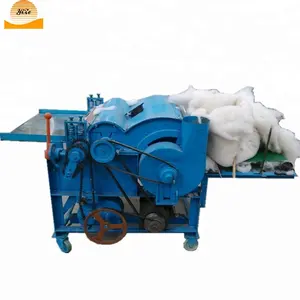
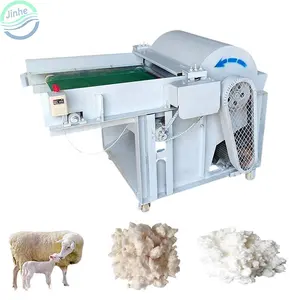


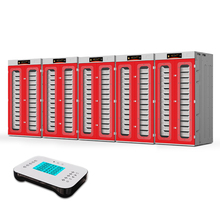
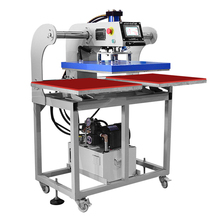
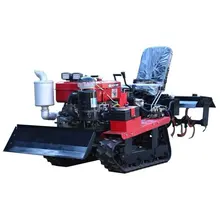

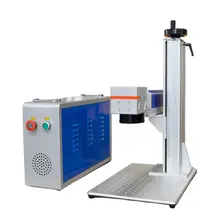

























 浙公网安备 33010002000092号
浙公网安备 33010002000092号 浙B2-20120091-4
浙B2-20120091-4